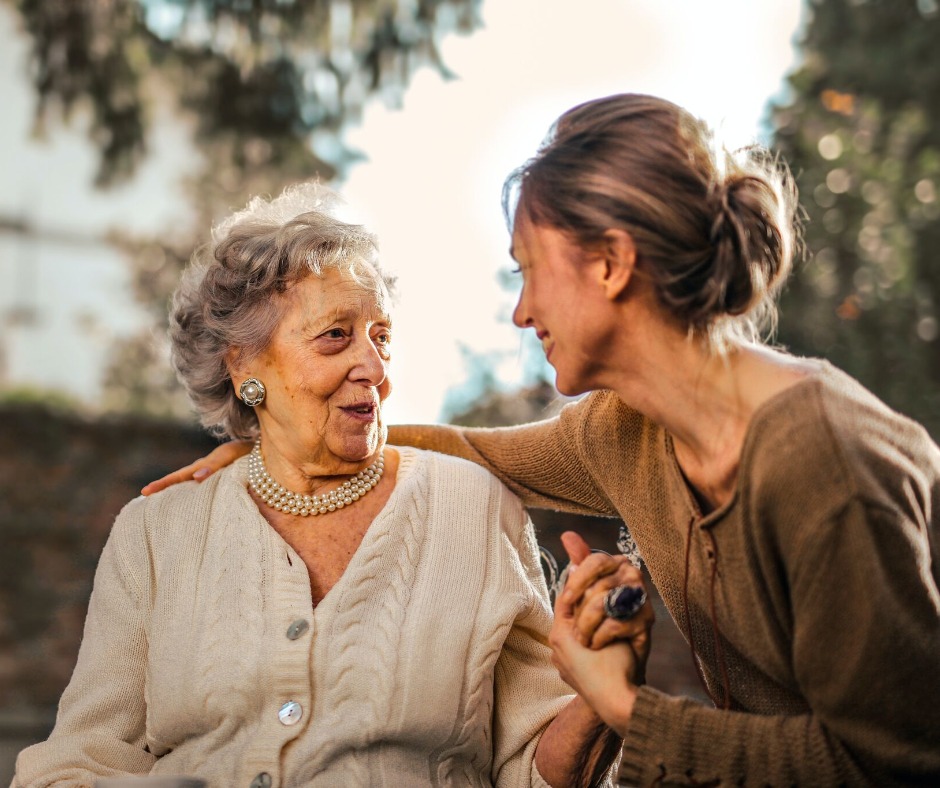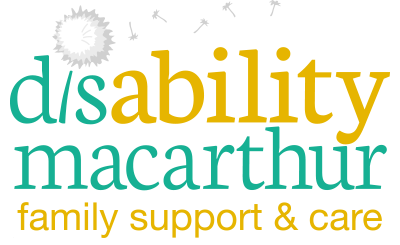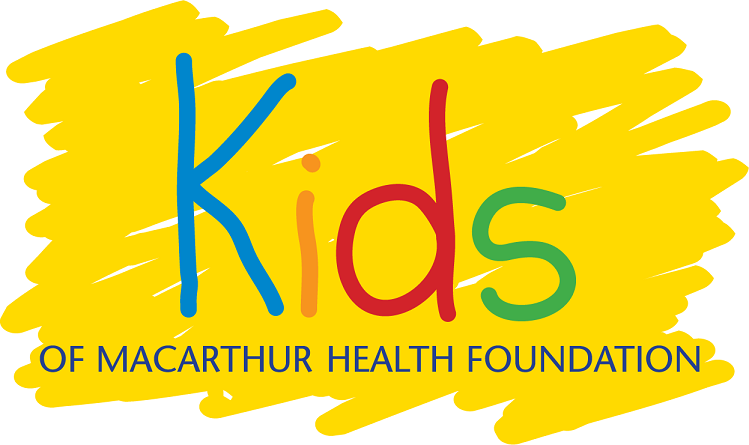
A great new service has been created as a direct result of the Royal Commission into Aged Care.
A new face-to-face service which connects vulnerable older people with a variety of aged care and other services is now operating in South Western Sydney.
The South Western Sydney Primary Health Network (SWSPHN) has funded six “care finder” services across the region, which will focus on the specific needs of their communities.
The care finder services are a Commonwealth-funded aged care initiative, and part of the government’s response to the Royal Commission into Aged Care. They are:
CatholicCare Sydney which covers all of South Western Sydney with a particular focus on older people at risk of homelessness (131 819)
Catholic Healthcare which covers Campbelltown Local Government Area (LGA) (1800 225 474)
Multicultural Care Limited which covers all South Western Sydney LGAs with a particular focus on Hindi and Vietnamese communities (9718 6199)
Western Sydney Migrant Resource Centre which covers all South Western Sydney LGAs with a particular focus on Arabic and Assyrian communities (8778 1200)
EACH social and community health which covers the Camden, Wollondilly and Wingecarribee LGAs (1300 003 224)
Benevolent Society which covers Bankstown, Fairfield, Liverpool and Campbelltown LGAs (1800 236 726).
Through this program, older people are assisted to find services and support which is right for them and considers their individual needs.
Care finder services are intended for senior Australians who need intensive support.
Those eligible for the service may be isolated, have communication barriers or trouble processing information.
According to SWSPHN’s 2022-2025 Needs Assessment, in 2021 there were 148,072 older adults living in South Western Sydney.
It is expected the number of people aged 65 years and older will reach up to 220,620 by 2031, an increase of 49 per cent.
These new care finder services are vital for older people, says the chief executive officer of SWSPHN, Keith McDonald.
“We’ve worked with our community – including consumers, carers and aged care providers – to design services which support the specific needs of older adults in our region, and we’re thankful to all those who shared their valuable knowledge and input during forums and via surveys,” he said.



